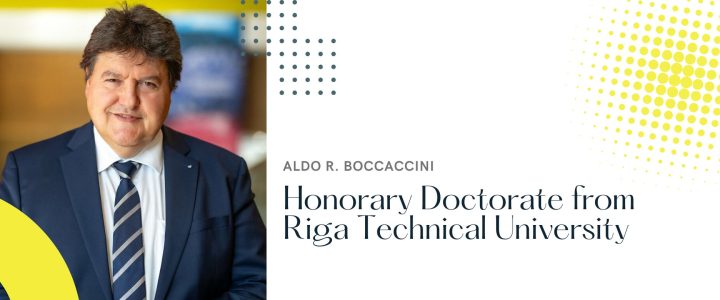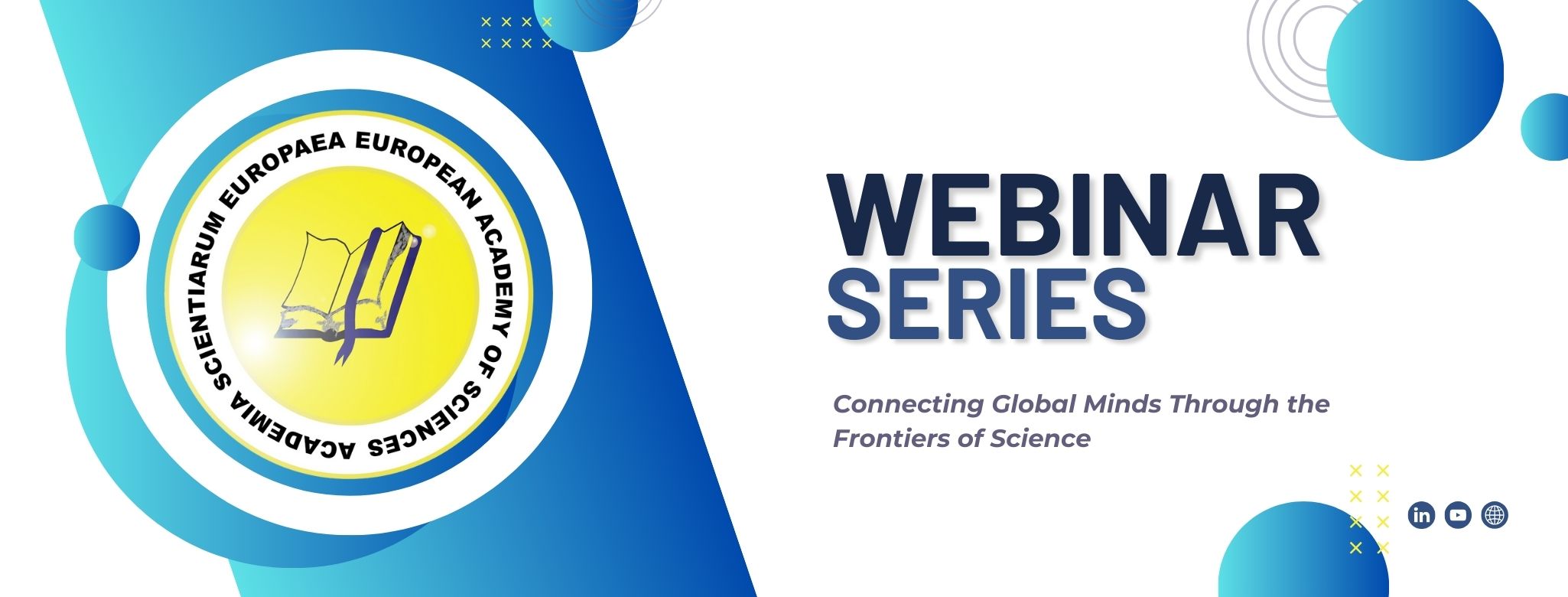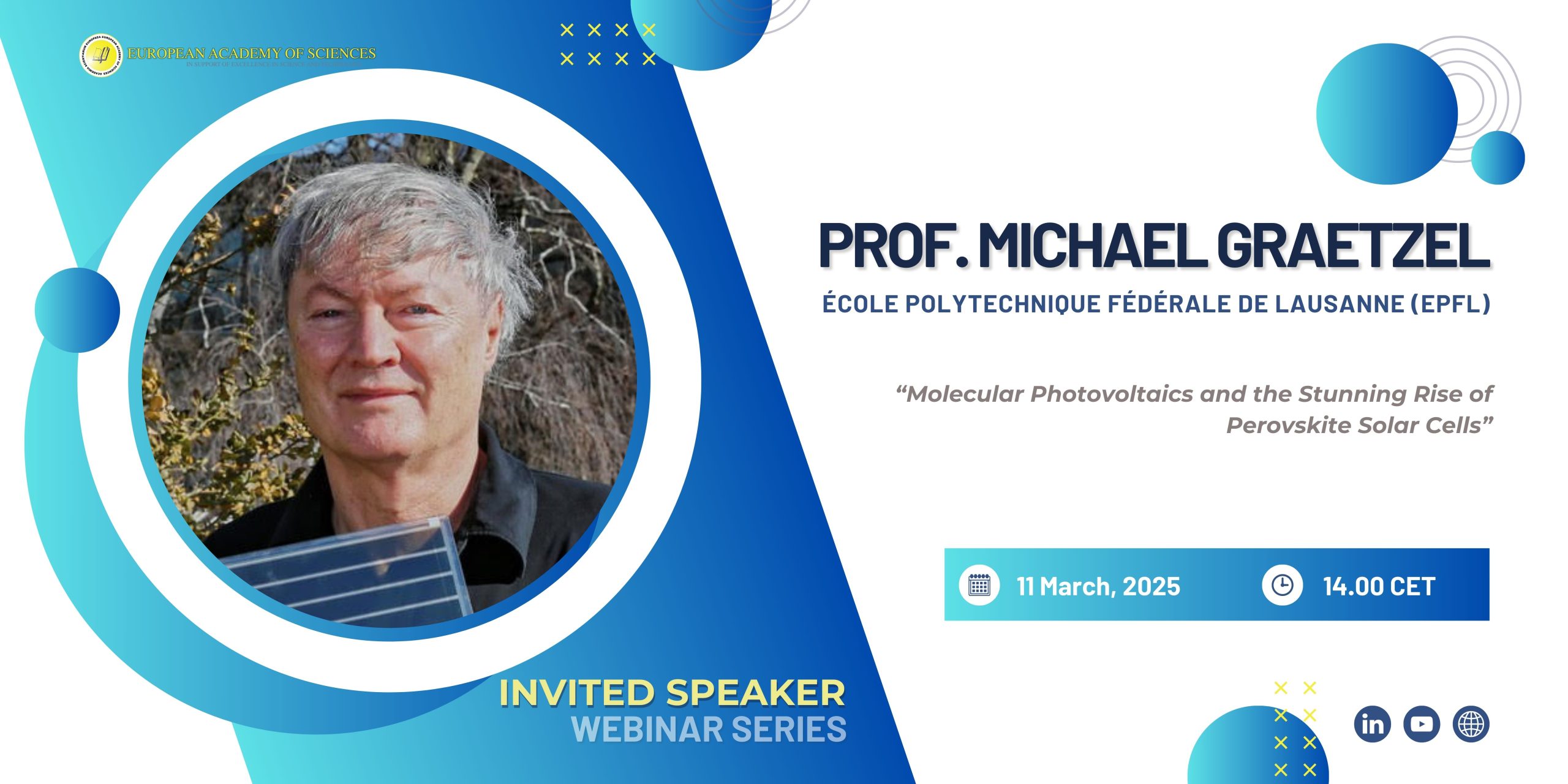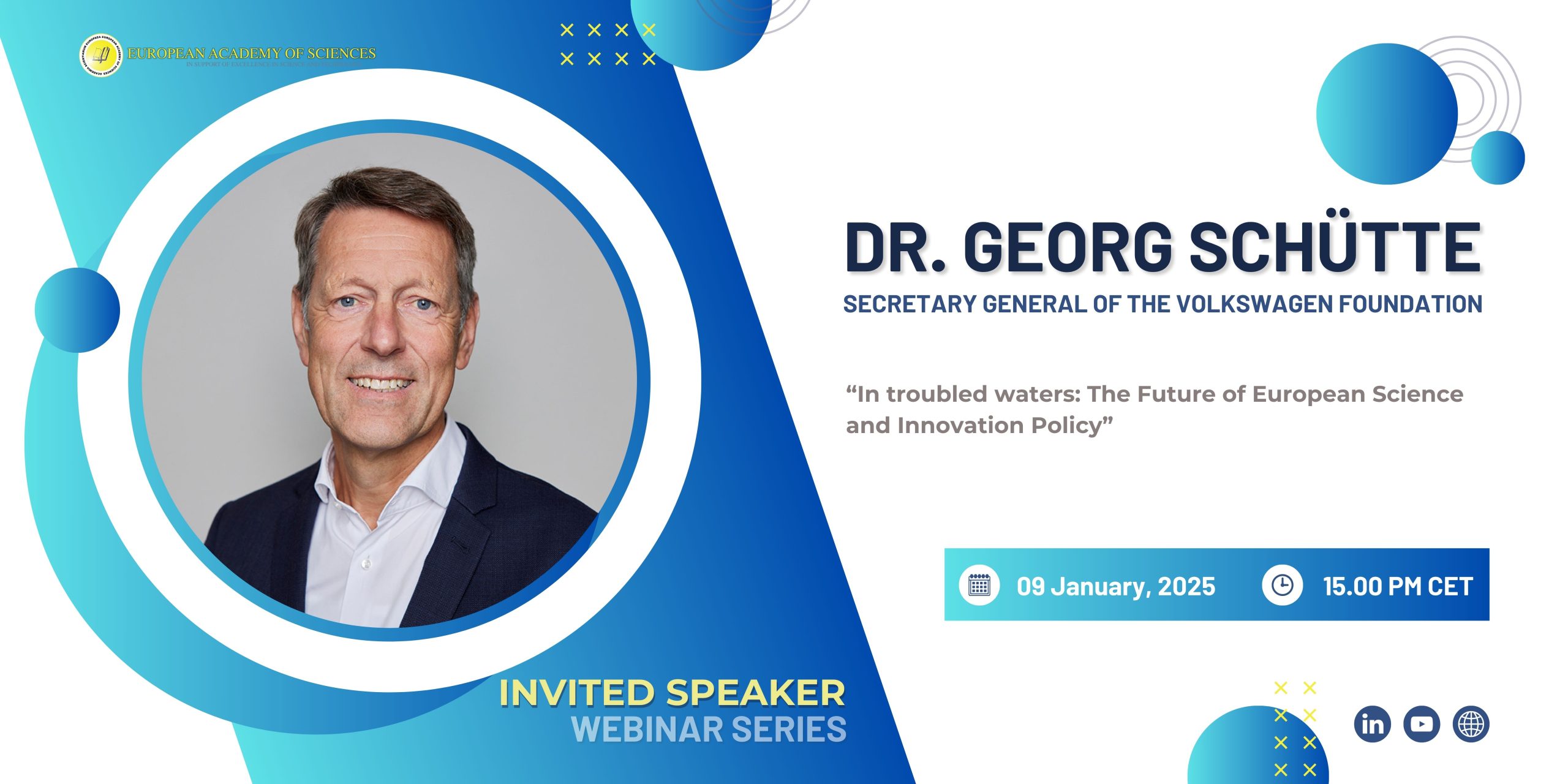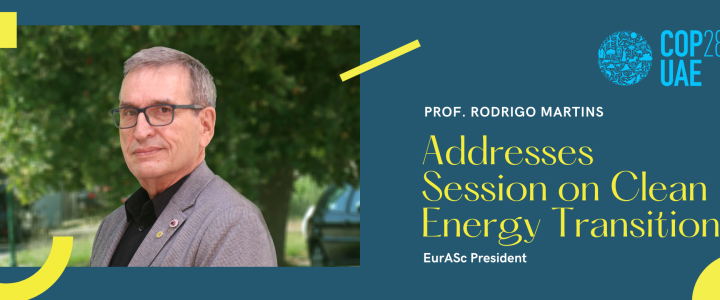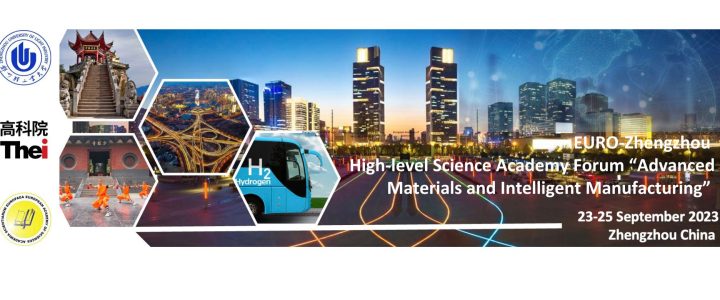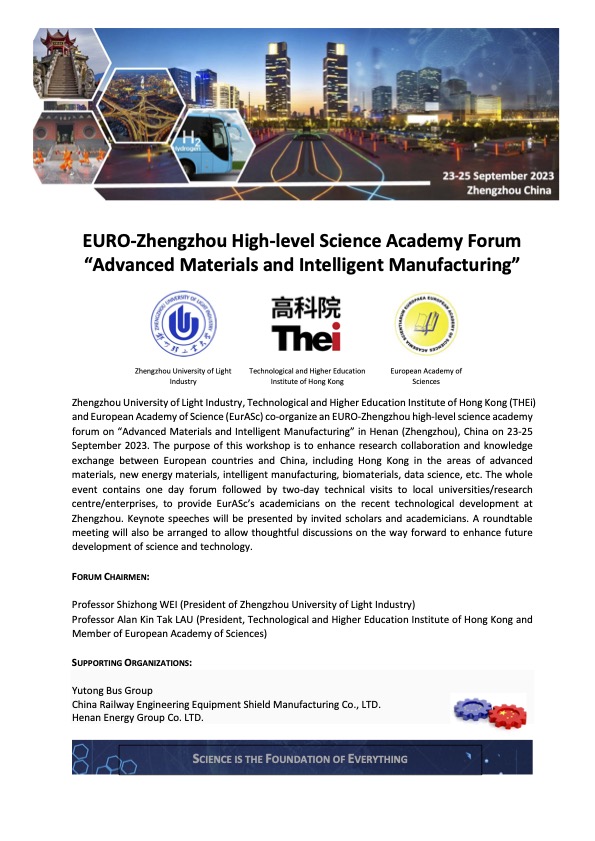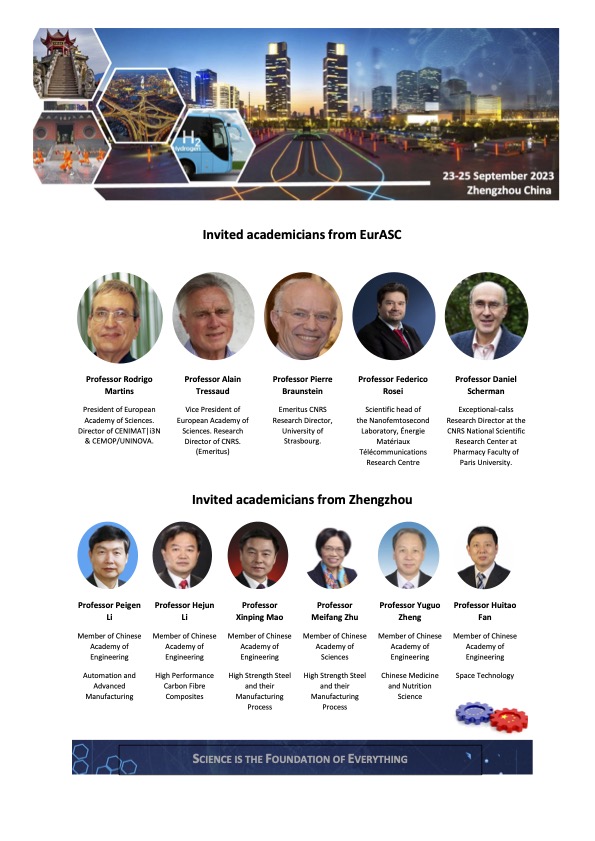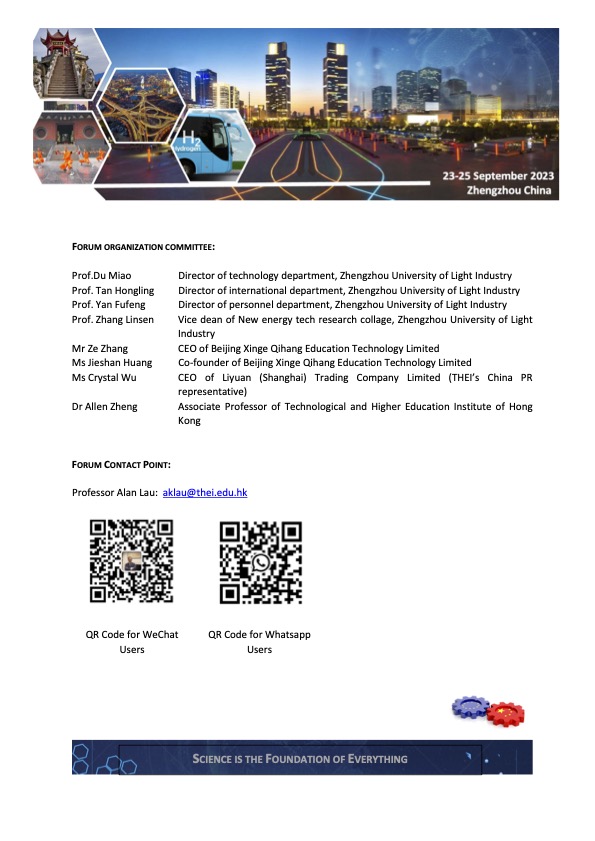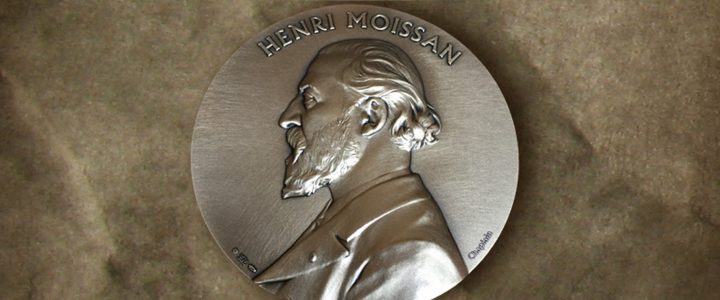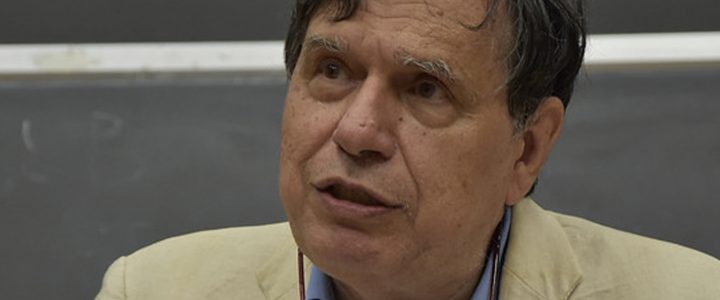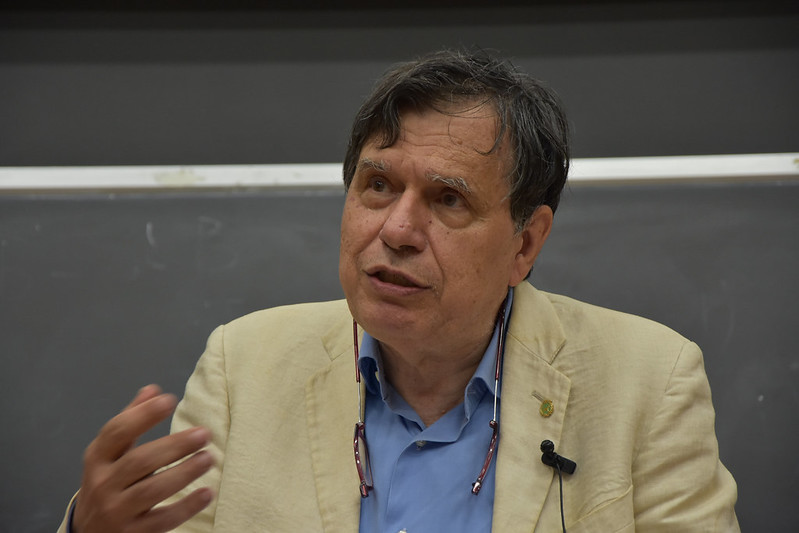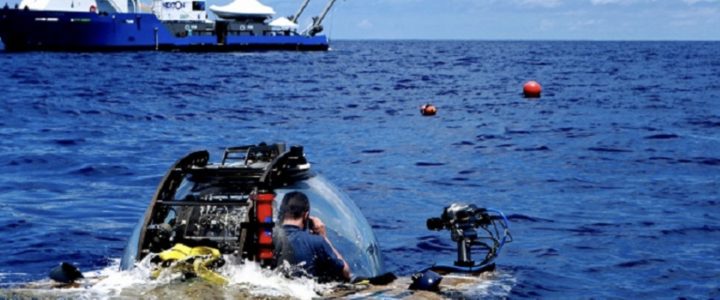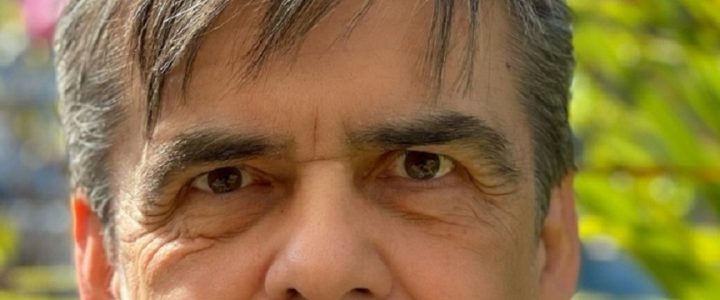The European Academy of Sciences (EurASc) is honoured to announce that two of its distinguished Members, Prof. Avelino Corma and Prof. Helmut Schwarz, have been awarded the 2024 BBVA Foundation Frontiers of Knowledge Award in Basic Sciences, jointly with Prof. John F. Hartwig, for their seminal contributions to the field of catalysis.
The jury praised the laureates for their “fundamental advances that have made it possible to control and accelerate chemical reactions”, thereby improving the efficiency of key industrial processes while significantly reducing energy consumption and environmental impact. Their combined work covers the entire spectrum of catalysis — from heterogeneous to homogeneous to gas-phase reactions — and is driving progress in areas ranging from sustainable fuel production to pharmaceutical synthesis.
This international recognition is yet another testament to the scientific leadership and global impact of EurASc Fellows within the worldwide research community.
Catalysis as a Pillar of a Sustainable Chemical Future
Prof. Avelino Corma
Institute of Chemical Technology (ITQ), Universitat Politècnica de València – CSIC, Spain
Prof. Corma is a pioneer in the field of heterogeneous catalysis, having developed solid catalysts based on porous materials that are now extensively used in industrial processes to produce cleaner fuels and chemicals with greater energy efficiency. His catalysts are implemented globally in over 22 refineries, and his work has led to the replacement of petroleum-based feedstocks with biomass-derived alternatives, enabling a circular approach to chemical production.
“This technology allows us to reduce the use of fossil hydrocarbons and to prevent the release of pollutants into the atmosphere,” said Prof. Corma. “Catalysts will also help us capture CO₂ and develop processes with far less environmental impact.”
He holds more than 100 patents and his innovations have applications in the production of fuels, plastics, cosmetics and even food.
Prof. Helmut Schwarz
Technische Universität Berlin, Germany
Prof. Schwarz has transformed the understanding of gas-phase catalysis, using advanced mass spectrometry techniques to track chemical reactions atom by atom. His work provides deep mechanistic insights into catalytic processes that were previously poorly understood.
A notable industrial application of his research helped optimise a catalyst at the Degussa chemical plant, solving problems with catalyst fouling in methane-ammonia coupling, a critical step for producing key compounds in the energy sector.
“We show how basic research can lead to very practical improvements in industrial chemical processes,” stated Prof. Schwarz.
From Molecular Design to Industrial Impact
The third laureate, Prof. John F. Hartwig (University of California, Berkeley), was honoured for his development of metal-based catalysts that have revolutionised homogeneous catalysis, particularly in the synthesis of pharmaceutical compounds. Many FDA-approved drugs, including those for cancer, HIV, and hepatitis, rely on chemical transformations developed in his lab.
Together, the three laureates have covered the full landscape of catalysis, providing tools and insights that are shaping the future of green chemistry and resource-efficient manufacturing.
A Recognition of Global Scientific Excellence
The BBVA Foundation Frontiers of Knowledge Awards are regarded as one of the world’s most prestigious recognitions of scientific achievement. Over the past 15 editions, 31 laureates have gone on to win Nobel Prizes, positioning this award as a leading indicator of global scientific excellence.
The European Academy of Sciences warmly congratulates Prof. Corma and Prof. Schwarz for this exceptional distinction. Their recognition reinforces EurASc’s mission to support and promote scientific excellence with impact on society, innovation, and sustainability.
📝 Sources and images:


